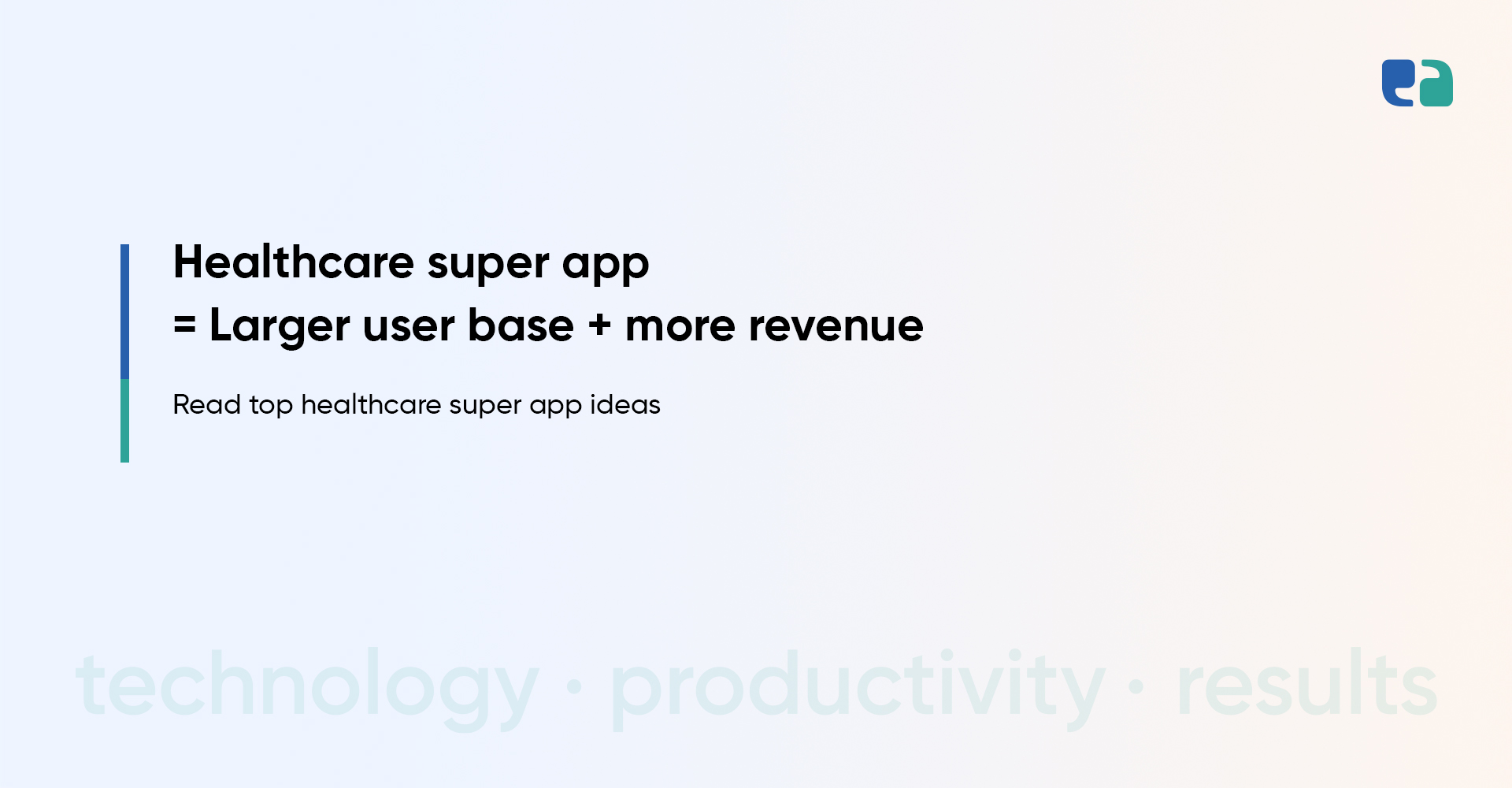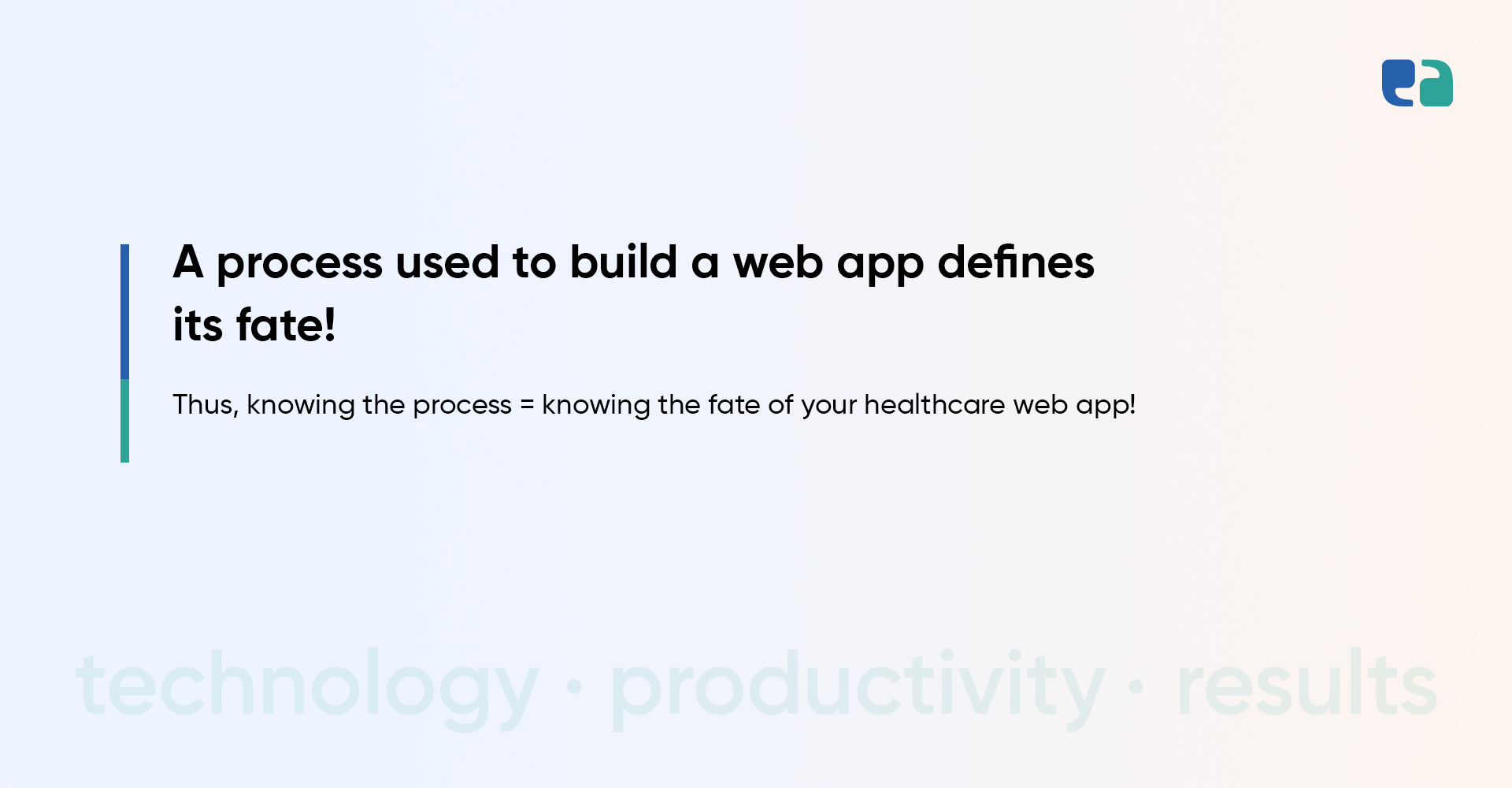At-home fertility tests are becoming increasingly popular and accessible.
This could be related to the fact that an estimated 12% of the US population has fertility issues.
Women may choose to take an at-home test for reasons other than family planning.
As, hormone levels can have a significant impact on many aspects of health, including hair loss, gastrointestinal disorders, thyroid illness, and even uterine cancer.
Whether women are actively trying to conceive or simply want a better understanding of their hormonal health, fertility tests can be an inexpensive and simple approach to learning more about their bodies.
How At-Home Fertility Testing App Works
At-home fertility tests apps enable women to monitor particular biomarkers such as hormone levels and the overall amount of healthy eggs in the ovaries, which can help build a picture of their chances of conceiving.
These tests can also assist uncover underlying disorders that may hinder pregnancy, such as hormone imbalance, and assess semen quality in males assigned at birth (AMAB).
Home tests are also quite simple to use.
They entail collecting blood, saliva, sperm, or urine samples for examination, and the findings can be obtained in minutes or days, depending on the test used.
The data provides an opportunity to identify concerns, educate women about fertility, and start planning a path ahead.
Fertility Test: A Growing Market
The fertility test market is predicted to grow at a CAGR of 7.9% over the forecast period.
Fertility test kits are selling better as people become more aware of infertility and the need for early detection.
As a result, the market value is expected to rise from $548.4 million in 2024 to $1.2 billion in 2034.
Advances in technology have also contributed significantly to the expansion of the fertility test market.
The development of more accurate and reliable testing has made it easier for couples to gain a better understanding of their reproductive status.
For example, home fertility test kits based on saliva or urine samples are now readily accessible and can deliver findings in minutes.
5 Benefits of Developing At-Home Fertility Testing App
Want to Develop Your Own At-home Fertility Testing App?

At-home Fertility Testing App Features
Custom or Subscription-Based Models: Options for Your App Development
If you want to own a fertility testing app you have two options.
Custom applications are created for a specific client or company.
They are customized to match your exact demands, specifications, and preferences.
While Subscription-Based Models are designed for broad use and not tailored to your particular requirements, they are ready-to-use apps.
One big issue with these ‘one-size-fits-all’ applications is that they’re created for a large audience; while many of them perform their goal, they sometimes lack the fundamental functionality that your teams want.
As a result, many businesses design apps that use numerous business process technologies to achieve the best results.
This has prompted enterprises to recognize the benefits of custom app development.
With a custom-built method, you can create an app in-house to fit your exact specifications.
In a custom-built application, you only need to pay one time, but in other models you have to pay a subscription fee every month.
Custom vs. Subscription-Based App Development Models

Choose a Reliable Tech Team for Your Application: Go with SyS Creations
We’re an Ontario-based healthcare-focused IT company.
As a trusted healthcare app development company, we at SyS Creations help startups, private clinics, hospitals, and MedTech organizations build and promote mobile and web mHealth solutions.
We’re a team of 50+ app developers, UI/UX designers, business analysts, compliance specialists, and QA engineers.
We’ve been focusing exclusively on healthcare IT solutions for the past 10+ years.
Our extensive experience empowers us to identify the gap in the healthcare market and build a solution that fits precisely.
Be our partner & boost your healthcare business with high-quality applications.



